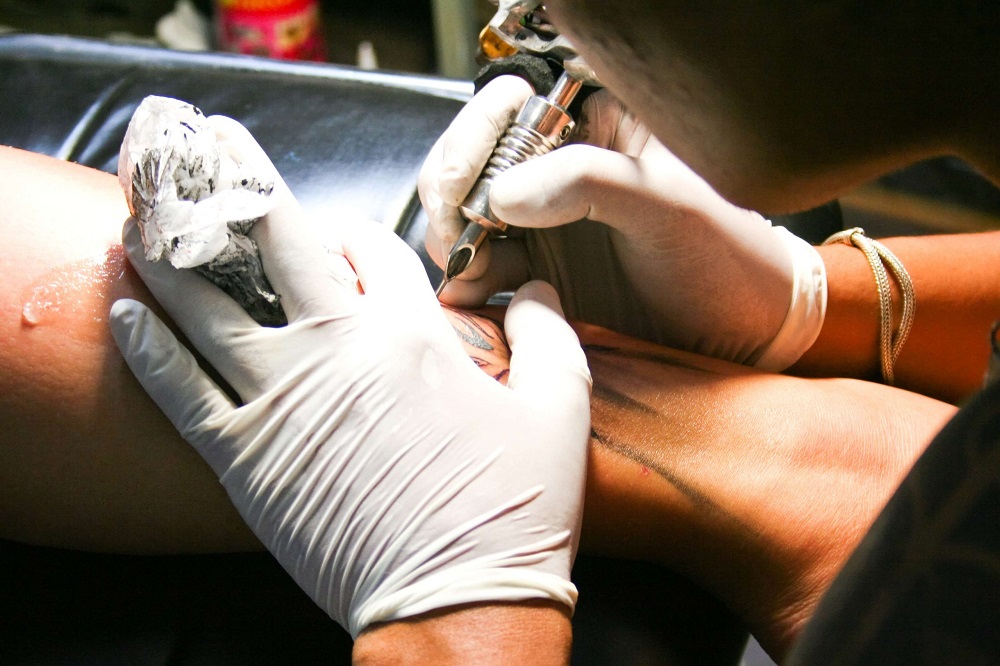Has been a professional alcohol cessation therapist since 2010. He has helped over 250,000 problem drinkers using his personal experience and professional training in the field of addiction recovery. After struggling with his own alcohol addiction issues, Craig went on a journey of self-discovery and learning, studying the underlying causes of alcohol use disorders and how to overcome them. Craig’s personal experience with alcoholism gives him a unique perspective on the challenges of quitting drinking and staying sober.
- If PAWS is severe or if you’re experiencing prolonged symptoms, a medical professional can help you work through them and remain in recovery without relapse.
- Be patient and understanding with loved ones who may be hesitant to trust again.
- This article is an ideal starting point for anyone making the leap into a sober lifestyle.
- Recovery allows you to get to know the real you and learn to love that person.
- That often leads to being unable to see or enjoy the good as well.
Living a Sober Life After Going Through Addiction Gives You a New Perspective on Life. In fact, being sober can make your life more fun and rewarding than it’s ever been before. How do you feel https://trading-market.org/forms-oxford-house/ about yourself when you’re drinking or using drugs? Maybe not, especially if your substance use has become a problem. Getting and staying sober can change the way you look at yourself.
months Sober Bliss Program
While alcohol may feel as though it helps you get to sleep at first, it actually has a detrimental effect on your sleep. When you stop drinking, this also has a positive effect on your emotional health and well-being. Heavy drinking is known to cause memory loss and even complete blackouts, as well as general cognitive deficits when under the influence. Alcohol can even damage the brain if alcohol is abused long term.

Trust is a big issue in sobriety, and leaving behind an old life — and for many people, an entire existence as an alcoholic — is a big leap of faith. This could be something as simple as heading to your local multiplex to catch a movie in place of happy hour at your favorite bar. But you can also tie these habits and traditions to important occasions. For instance, it’s always a good idea to celebrate your recovery milestones, so you could make it a tradition to go out for dinner or ice cream on your sober anniversary each year.
Where is sober living house?
Whether you’re an addict or you are simply looking to improve your health, here are 14 reasons sobriety makes your life healthier, more fulfilling, and more fun. Much of our social behaviors involve the use of substances in one form or another. Even if you’re not an addict, living a sober lifestyle can seem like a difficult feat. It affects your physical health in almost every conceivable way.

You can use it to work on your hobbies, learn new skills, spend time with your loved ones, work out, or anything else you please. Hangover effects can cause you to miss out on even more of your life because you’re sick or in bed and unable to do the things you love or interact with the people in your life that you care about. Hangover symptoms including nausea, vomiting, headaches and brain fog can last for days in some cases and can diminish your quality of day-to-day life. Life after addiction might also mean you have more professional success and new creative outlets that you discover when drugs and alcohol aren’t occupying all of your time. Treatment programs can provide a structured environment for those seeking recovery from addiction.
Identify Your Triggers
The transition to living a sober life takes patience and inner strength, but it’s not impossible. When you don’t put anything unhealthy into your body, you won’t be so vulnerable to colds and stomach bugs. To learn more about alcohol misuse and to be inspired by the stories from our panelists, watch 6 Unbelievably British Easter Traditions this episode of Sober Thursdays in its entirety. And if you find yourself battling an alcohol addiction, please reach out for the help that you need today. You can remember everything and not feel that sense of terror of waking up and not remembering what you said or did the previous night.
Relapse rates for substance use addictions are around 40% to 60%. Setbacks don’t erase progress; they don’t mean you’ve “failed” to stay sober. Sobriety is a general term for staying away from mood and mind-altering substances. So where should you start if you’re interested in exploring sober curiosity? One recommendation given by many experts is to begin by journaling. Each time you want to drink, write down what you’re feeling, doing and where you are.
